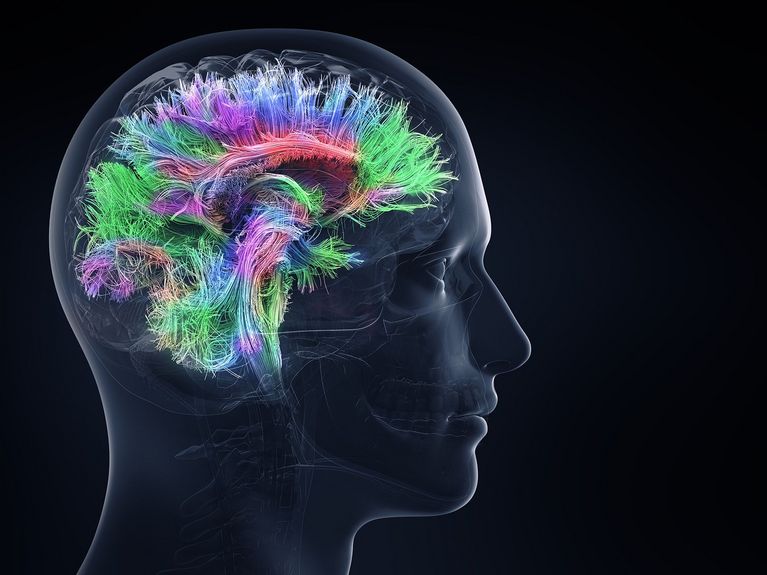Interview
Advancing the fight against obesity

(Credit:shutterstock)
At Helmholtz Munich, metabolic expert Matthias Tschöp is researching gastrointestinal hormones and their effect on the brain. The new anti-obesity drugs that Matthias Tschöp and his team are working on could be approved this year.
Matthias Tschöp, Scientific Director at Helmholtz Munich. (Bild: Helmholtz Munich / Matthias Tunger)
Mr. Tschöp, you are an expert on the effect of the hunger hormone ghrelin in the body. What function does the neurotransmitter perform there?
Ghrelin is actually the only signal that circulates in our blood and induces a feeling of hunger by acting on the brain. The hormone is released in greater quantities when we have not eaten food for a long time and the levels drop after each meal.
You have discovered that ghrelin is significantly involved in the development of obesity. What specifically happens in the organism of those affected?
In addition to triggering hunger, ghrelin inhibits calorie burning and thus increases fat stores.
Mr. Tschöp, you and your team hope to be able to develop a drug against obesity with the help of ghrelin. Is a hunger hormone is supposed to help against cravings? Please can you explain how this mechanism works.
The idea is actually to block the effect of the body's own ghrelin and thus curb hunger, while at the same time boosting the burning of calories. However, we now know that influencing one signaling pathway alone is not enough to combat obesity in the long term. That is why we are increasingly looking at combinations of active ingredients, some of which can now be synthesized in a single hormone-like molecule.
Phase II and III clinical trials are now underway with your compound. Is there anything that you are currently able to tell us about the results?
The most advanced and promising drug candidates are actually combinations of several intestinal hormones in which we have linked so-called incretins such as GIP and GLP-1 or also the hormone glucagon, but these do not contain any ghrelin blockers. One of the reasons for this is that activating and blocking mechanisms can only be combined to a limited extent in the same drug molecule, because blocking approaches always require much higher concentrations.
When could this compound be available to patients?
In my view, the combination of hormone signaling in a single molecule, so-called polyagonists, is the future of drug therapy for obesity. I am confident that transformative improved therapeutic effects can be achieved in this way. Indeed, it looks like the first compounds based on our polyagonist discovery could be approved as early as this year.
Readers comments